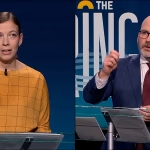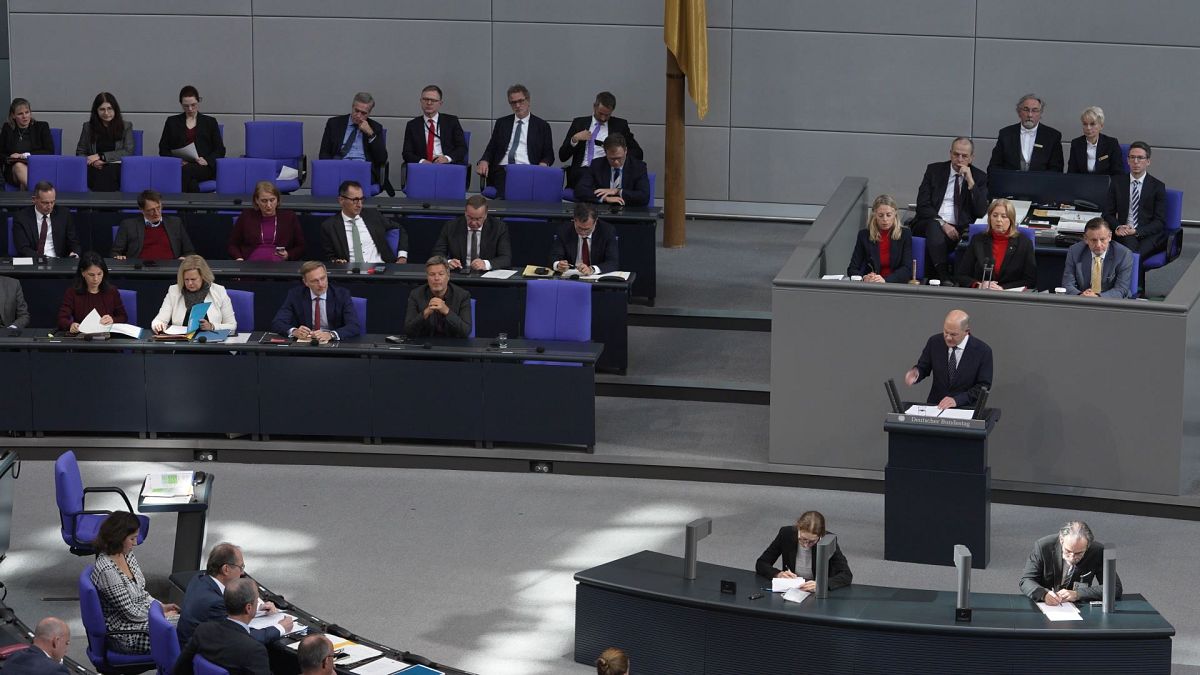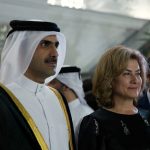Chancellor Olaf Scholz recently defended the German government’s foreign and economic policies in the Bundestag ahead of his upcoming meeting with the European Council in Brussels. He is set to discuss key topics such as migration, support for Ukraine and Israel, and boosting competitiveness within the EU. Migration is expected to be a top priority, given recent developments in Poland and Italy. Chancellor Scholz also expressed openness to speaking with Russian President Vladimir Putin, while emphasizing that decisions regarding Ukraine’s future should not be made without the Ukrainian people’s input.
Support for Ukraine was highlighted as a continued priority, with Germany being one of the largest supporters alongside the US. Tensions in the Middle East were addressed, with Chancellor Scholz expressing support for Israel while calling for a ceasefire and emphasizing the need for humanitarian aid for Gaza. He also criticized Iran for its attacks on Israel, describing them as “playing with fire.” In terms of economic policies, Scholz promised to address industrial challenges in Germany by working closely with business associations and industry unions. He also advocated for modernization and streamlining bureaucratic processes to enhance competitiveness on a global scale.
As the federal election approaches next year, Chancellor Scholz and his government face challenges in translating their promises into tangible results. Despite this, Scholz remains committed to addressing key issues such as migration, support for Ukraine and Israel, and economic reforms to bolster Germany’s position in the global market. The EU’s new tariffs on Chinese electric cars were criticized, with a focus on the need for Germany to produce the best cars in order to compete internationally. Additionally, discussions on the modernization of industrial processes are ongoing, in alignment with the EU Commission’s commitment to similar reforms.
Overall, Chancellor Scholz’s recent statements underscore the importance of maintaining support for Ukraine, addressing tensions in the Middle East, and advancing economic policies to strengthen Germany’s position within the EU and globally. With challenges such as the upcoming federal election and ongoing economic reforms, Chancellor Scholz faces a complex set of tasks in the months ahead. However, his commitment to dialogue, cooperation, and strategic planning bodes well for Germany’s future in the international arena.









